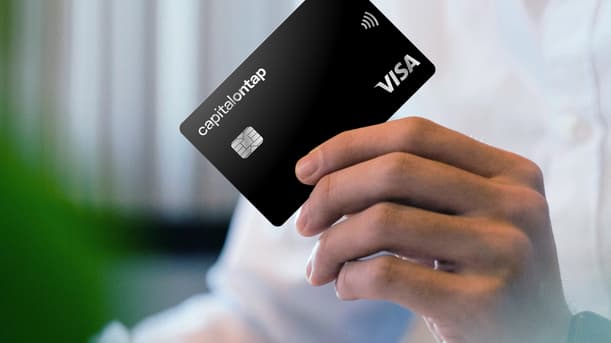Jump to a section
Are you running a small business and considering applying for a credit card? Or maybe wondering what type of credit card you should accept in your shop? One of the most common questions small business owners have when it comes to credit cards is the difference between Visa and Mastercard. Here’s all the information you need about the world’s two largest payment networks to help you make an informed decision about which one is right for your business.
Key takeaways
-
Visa and Mastercard are both globally accepted payment networks that offer secure and flexible credit, debit, and prepaid card options for businesses and consumers.
-
The key differences between Visa and Mastercard come from the card issuers, who determine the specific benefits, fees, and rewards rather than the payment network itself.
-
When choosing between Visa and Mastercard, businesses and individuals should focus on the terms and perks offered by the issuing bank rather than the network provider.
Visa overview
Visa provides secure and reliable payment solutions that enable you and your customers to make purchases, pay bills, and access cash anytime, anywhere. Its payment options include credit, debit, and prepaid cards, e-commerce solutions, and ATM services.
Visa offers three distinct types of cards, each with its own features and benefits. However, customers don't get to choose which card and benefits they receive when they sign up for a credit card. Instead, it is at the discretion of the card issuer to determine which of Visa's three card options and accompanying benefits will be offered to customers when they sign up for a credit card.
Mastercard overview
Mastercard offers similarly secure and flexible payment solutions for both individual consumers and businesses. Similarly to Visa, Mastercard offers credit, debit, and prepaid cards, and commercial business products including payment processing, expense management tools, and commercial payment solutions such as virtual cards and travel cards.
Similarly, Mastercard also offers multiple types of credit cards to issuers, with differing features and benefits. However, just like with Visa, customers do not have the ability to choose which card and benefits they receive. It is ultimately up to the discretion of the card issuer to decide which of Mastercard's card options and associated benefits will be passed on to customers when they sign up for a credit card.
Are Visa and Mastercard the same?
Visa and Mastercard are very similar in terms of their global acceptance, payment options, rewards programmes, and tiered card programs.
Other key similarities include:
- Neither issue cards directly: Visas and Mastercards are issued to users by their chosen bank or credit union
- Global acceptance rates: Visa and Mastercard are widely accepted worldwide
- Zero liability fraud protection: This safeguards you and your account if your card information is stolen or someone makes an unauthorised purchase on your account.

What's the difference between a Visa and a Mastercard?
Although they share many similarities, there are still some differences between Visa and Mastercard, such as their acceptance rates and rewards. However, the differences in cards, benefits, and offers are mainly determined by the bank or credit union that issues the card, such as Capital on Tap, rather than by the fact that the card is a Visa or a Mastercard.
Which is better, a Visa or Mastercard?
Neither network is inherently better. Their similarity makes them a very even match. You should judge what card is better for you and your business according to the difference in benefits, fees, and interest rates offered by various card issuers.
Is Mastercard more accepted than Visa?
No, Visas and Mastercards have a nearly identical global acceptance rate. This means wherever you can use a Mastercard, you can use Visa too.
The bottom line
Ultimately, whether your card is powered by Visa or Mastercard doesn't matter much, as either network is generally a good choice. Your decision to take out a credit card should be informed by the benefits, offers, and conditions of the card issuer, not by whether it is a Visa or Mastercard.
Looking for a credit card that’s tailored to the needs of small businesses, offers you uncapped 1% cashback on all card spending, credit limits of up to £250,000, and unlimited employee cards? Apply now for a Capital on Tap Business Credit Card.











